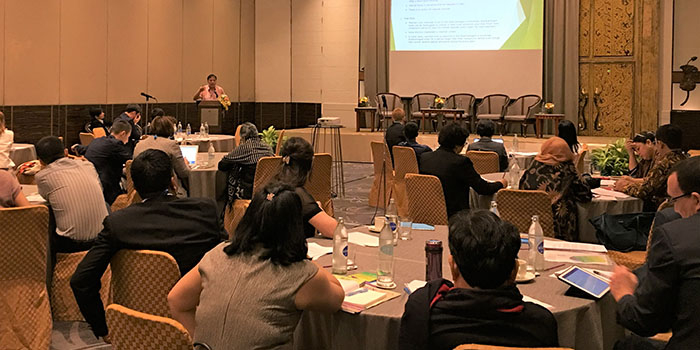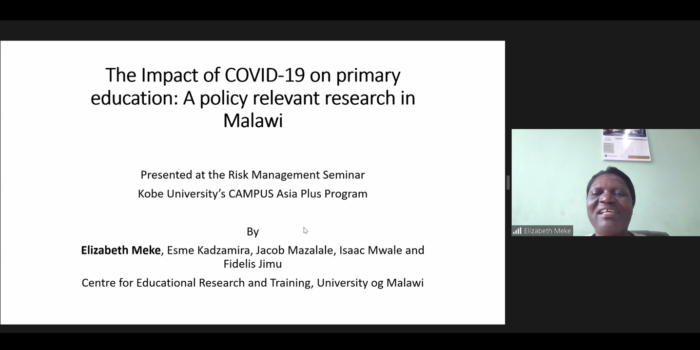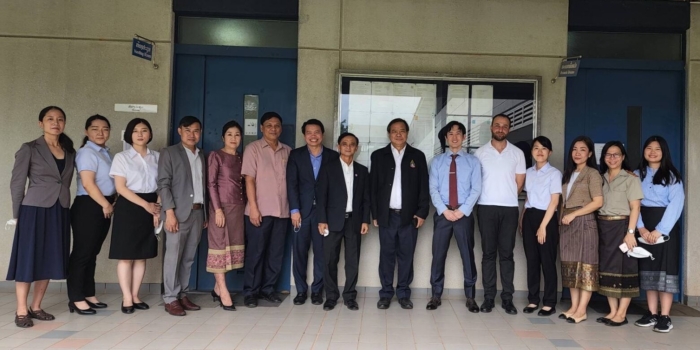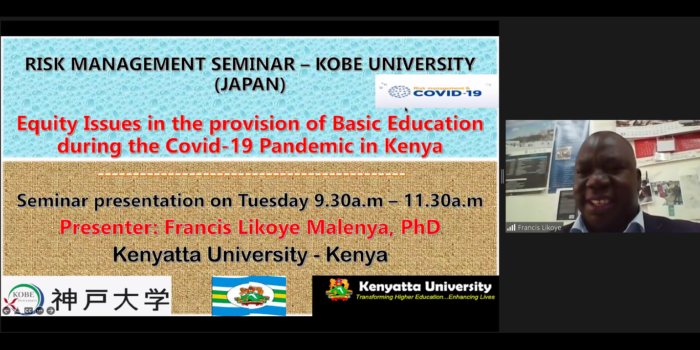In 1994, UNESCO proclaimed October 5th to be the World Teachers’ Day, celebrating a great step made for teachers when a special intergovernmental conference convened by UNESCO in Paris adopted the UNESCO/ILO Recommendation concerning the Status of Teachers, in cooperation with the ILO on October 5th, 1966.
This year’s theme, “Valuing Teachers, Improving their Status”, embodies the fundamental principles of the fifty-year-old recommendation while shining a light on the need to support teachers as reflected in the agenda’s Sustainable Development Goals (SDGs). A specific education goal, SDG4, pledges to “ensure inclusive and equitable quality education and promote lifelong learning opportunities for all”.
The two main objectives of the forum are to provide a platform to: 1) review teacher policies with reference to the 1966 recommendations and examine the gaps in promoting teacher status and improving their working conditions; and 2) discuss policies impacting teacher issues. More than 100 invited participants including the Ministry of Education officials and policy makers from Asia-Pacific member states, experts and specialists in teacher education and professional development, representatives from regional, sub-regional organizations/networks, and UNESCO partners attended the forum.
 In line with the topic of the forum, Professor Keiichi Ogawa of Kobe University was invited to present his current research project, which was conducted with education experts from UNESCO Bangkok. The topic of the research project is “Developing Strategies for Efficient Teacher Placement in ASEAN Countries”. Since teachers’ salaries compose the bulk of education budgets across the Asia-Pacific region, governments need to adopt strategies to ensure that teachers are equally allocated within the limited budget. This study aims to provide efficient teacher placement strategies in primary education by analyzing national teacher policies.
In line with the topic of the forum, Professor Keiichi Ogawa of Kobe University was invited to present his current research project, which was conducted with education experts from UNESCO Bangkok. The topic of the research project is “Developing Strategies for Efficient Teacher Placement in ASEAN Countries”. Since teachers’ salaries compose the bulk of education budgets across the Asia-Pacific region, governments need to adopt strategies to ensure that teachers are equally allocated within the limited budget. This study aims to provide efficient teacher placement strategies in primary education by analyzing national teacher policies.
Professor Ogawa shared preliminary findings of the study. For instance, in Cambodia, there is a significant variation in student-teacher ratio by province. The class size is higher in rural areas due to more double-shift schools and contract teachers in rural areas. In the Vietnam case, there is a shortage of subject teachers and teachers who speak the local language.
Participants actively provided several comments on the research findings. They pointed out that decentralization is the key to understanding teacher placement, and gender inequality among teachers causes girls to be afraid of attending classes. Low teacher salaries were also mentioned as the cause of low quality of education. Professor Ogawa proposed that hiring local teachers who understand the local contexts in each region will be a breakthrough to access girls’ education.
Professor Ogawa and his research team hope that this study will contribute to more equitable quality basic education by strengthening teacher policy, particularly in designing teacher strategies in ASEAN countries. The research project that Professor Ogawa and UNESCO Experts have conducted is supported by the Ministry of Education (MEXT) of Japan.
Authored by Seil Kim (Doctoral Student)
Related links
World Teacher’s Day Forum: Valuing Teachers, Improving their Status
Related


 In line with the topic of the forum, Professor Keiichi Ogawa of Kobe University was invited to present his current research project, which was conducted with education experts from UNESCO Bangkok. The topic of the research project is “Developing Strategies for Efficient Teacher Placement in ASEAN Countries”. Since teachers’ salaries compose the bulk of education budgets across the Asia-Pacific region, governments need to adopt strategies to ensure that teachers are equally allocated within the limited budget. This study aims to provide efficient teacher placement strategies in primary education by analyzing national teacher policies.
In line with the topic of the forum, Professor Keiichi Ogawa of Kobe University was invited to present his current research project, which was conducted with education experts from UNESCO Bangkok. The topic of the research project is “Developing Strategies for Efficient Teacher Placement in ASEAN Countries”. Since teachers’ salaries compose the bulk of education budgets across the Asia-Pacific region, governments need to adopt strategies to ensure that teachers are equally allocated within the limited budget. This study aims to provide efficient teacher placement strategies in primary education by analyzing national teacher policies.



